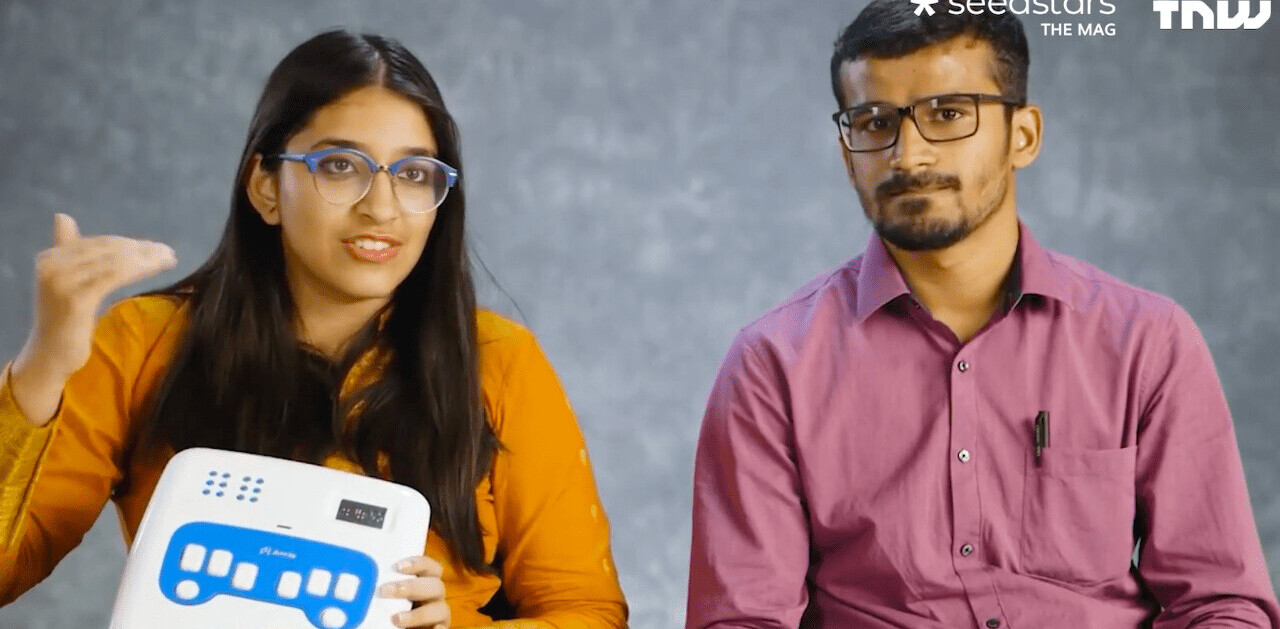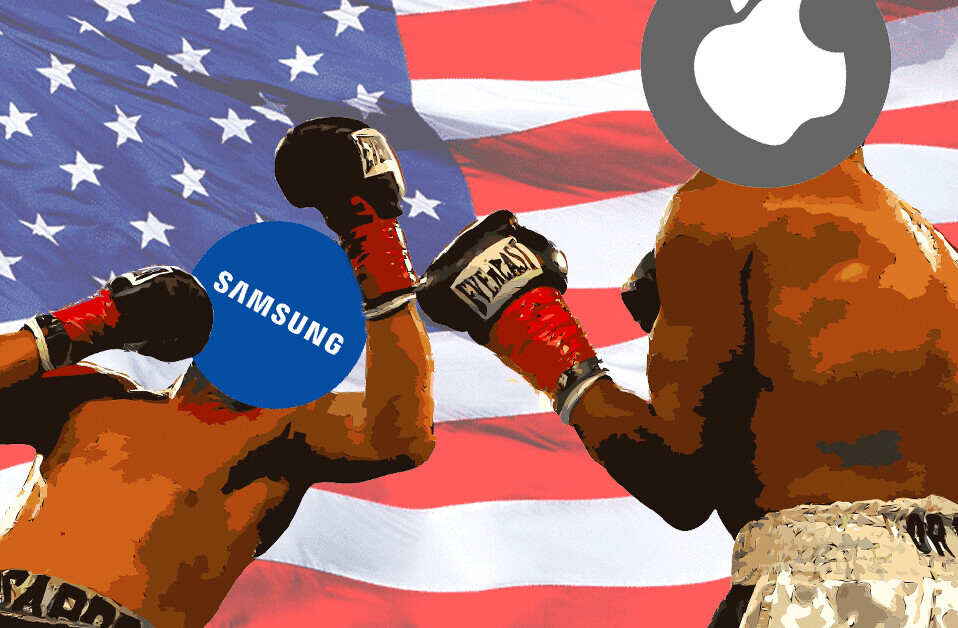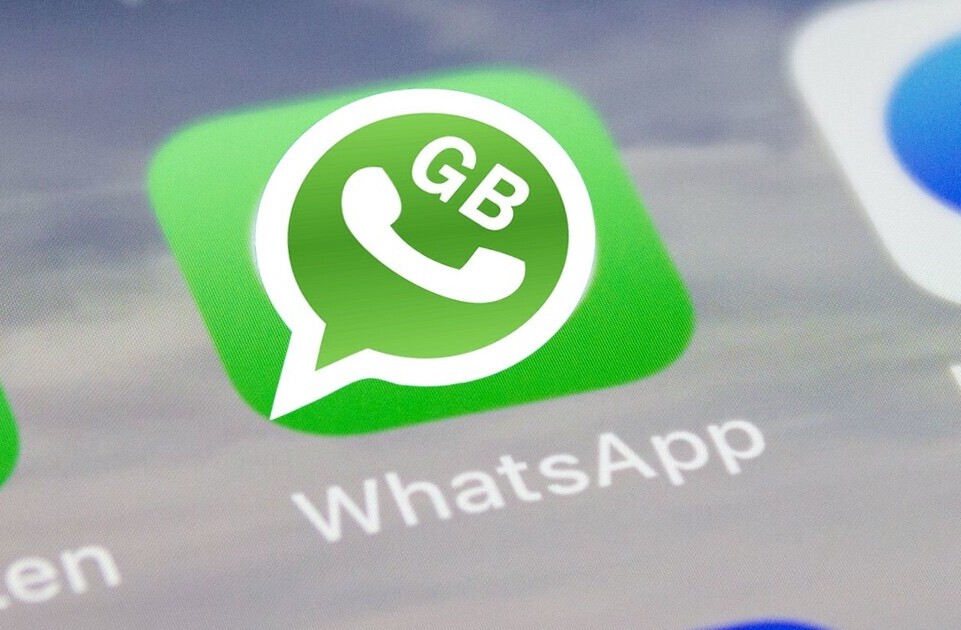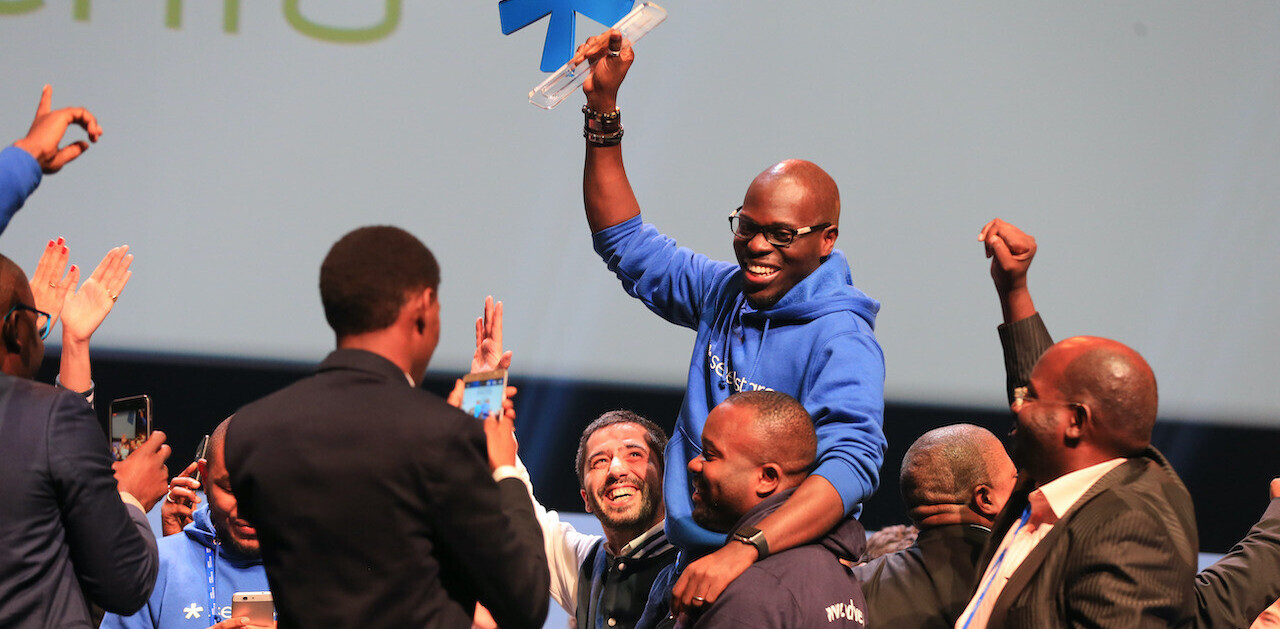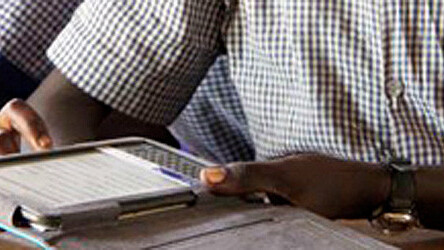
Worldreader, the non-profit company that hopes to increase literacy through the distribution of digital books to children has kicked off a campaign with support from FC Barcelona (Barça) asking people to help to send one million e-books to students in sub-Saharan Africa.
Many countries in this part of the continent suffer with drought, famine and poverty. Cities and towns are often affected by electricity cuts, but the organisation seems to be optimistic that the devices will be helpful.
One of the benefits of an e-reader is the ability to store many texts on one device and so this could indeed be a useful tool for encouraging literacy in developing countries, provided there is the infrastructure to support them.
Cynicism aside, Worldreader points out that over 200 million children in sub-Saharan Africa have never read a book of their own and poor infrastructure means books rarely arrive. The books that are donated and manage to end up in the hands of kids that need them are often outdated, irrelevant, or frankly a bit boring. That’s no way to encourage new readers.
Making reading more interesting
The organisation has already put more than 100,000 e-books into the hands of 1,000 students in Africa. Children in the Worldreader program have access to materials ranging from hundreds of local African textbooks and story-books, world newspapers, and classic literature from around the world.
That’s a lot more inspiring. Imagine if your reading material was stale and dull, that would suck for most practised readers, let alone kids who need some encouragement.
For the first time, students in these areas can read books from African authors like Meshack Asare and Chika Unigwe, experience the imagination of Roald Dahl and the joy of the Magic Tree House stories, and learn from local Ghanaian and Kenyan textbooks.
The distribution of current non-fiction materials is also important for learning. Access to books on health and science means that students are finding out how to better diagnose, treat and prevent diseases in their communities.

The organisation is leveraging the kids’ love of soccer to encourage them to read. Some of the team’s biggest names including Lionel Messi, Xavi Hernandez, Eric Abidal and Seydou Keita will send messages to students inspiring them to read more and “score big.” Students in the Worldreader program receive messages from their favorite soccer heroes beamed directly onto their e-readers.
Independent monitoring and evaluation done by Worldreader and funded by USAID shows that primary school students receiving e-readers as part of iREAD increased performance on standardized test scores from 12.9% to 15.7% (depending on whether they received any additional reading support).
Access to technology is an enabler and access to information via technology can really create change within communities in developing countries. Sending e-readers might not at first seem like an immediate way to help, but educating youth is a pretty good investment for communities hoping to turn things around.
If you’re feeling flush and want to help out, the organisation takes donations starting at $5. Check out the video to see how it works and maybe you can ensure that a kid who might be just starting to learn, will be able to up their academic grades as well as finding out what the BFG is and have a bit of a giggle with storybooks.
Get the TNW newsletter
Get the most important tech news in your inbox each week.
